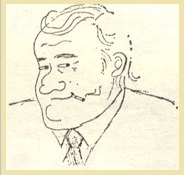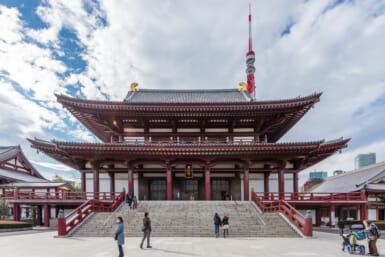…from Mike Marklew
Not so much a language
Since all the darn limousine buses have gone non-smoking, I use the Skyliner to and from Narita airport.
On my way back to town last Saturday, having dropped off some visitors, I opened a can of Kirin beer, kicked off my shoes, lit a cigarette and thought about the horrific week I had just been thru.
Immigration officials must hand out a simple guide sheet to all foreigners entering Japan. I decided. A few well chosen words, a travel-weary gaijin can commit to memory, may save him many frustrated hours or even days in Japan.
First, Japanese people who speak English don’t think in English. They think in Japanese and then say the closest words they know in English. Sometimes the real meaning is quite different.
What you hear is in English but what they hear, inside their heads, is in Japanese.
If you ask a listener if he understood something you just said, he will reply “Yes,” but this word in Japanese can have numerous other meanings.
He may mean “Yes, but I don’t agree, or even “Yes, I understand the individual words but I don’t understand the meaning of your comment/ question/statement.”
Or sometimes he may mean. “You are so serious about wanting me to say yes now, so I will say so, and then think about it all later on,” which really means, “I don’t know.”
The most misunderstood words from a Japanese contain the statement that he “will do” something or other. This is not a confirmation of action, it’s an expression of intent. It really means he won’t do it at this moment.
Also. Japanese people react quite differently.
At a business meeting, if the person across the table from you suddenly looks up from your business card and smiles, this usually means he has just worked out how to say your name in katakana so he can remember it. It doesn’t mean he understood you or was even listening to what you were saying.
Yoroshiku,
MIKE









